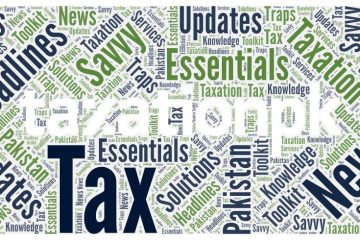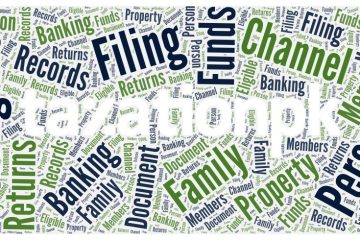Withholding tax statements must be filed even if no tax was withheld during the period. This requirement ensures accurate reporting and helps the Federal Board of Revenue (FBR) maintain a comprehensive record of tax transactions.
Penalties for Late Filing:
- Reduced Penalty: If the tax collected or withheld was paid on time, and the statement is filed within 90 days of the due date, a penalty of Rs. 5,000 will be imposed.
- Default Penalty: In all other cases, a penalty of Rs. 2,500 will be charged for each day of delay, with a minimum penalty of Rs. 10,000.
- No Tax Due: If it is determined that no tax was required to be deducted or collected during the relevant period, the minimum penalty remains at Rs. 10,000.
Key Points:
- Timeliness: The severity of the penalty depends on how late the statement is filed.
- Prior Tax Payment: If the tax was paid on time, a reduced penalty applies.
- Minimum Penalty: Even if no tax was due, a minimum penalty of Rs. 10,000 is imposed.
Understanding the Penalties:
- Late Filing: The later you file the statement, the higher the penalty will be.
- Prior Tax Compliance: Paying the tax on time can mitigate the penalty.
- Minimum Penalty: The minimum penalty ensures that some level of accountability is maintained, even if no tax was due.
Conclusion:
It is crucial to file withholding tax statements within the due date to avoid penalties. Understanding the penalty structure can help you plan your tax compliance accordingly and minimize financial burdens.



